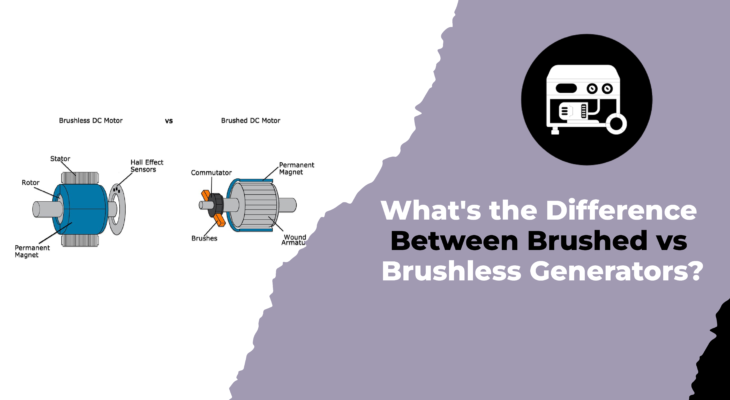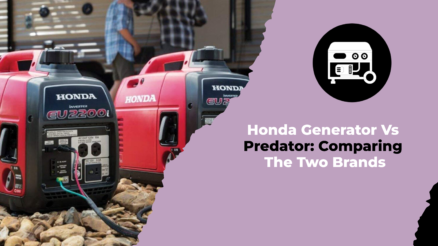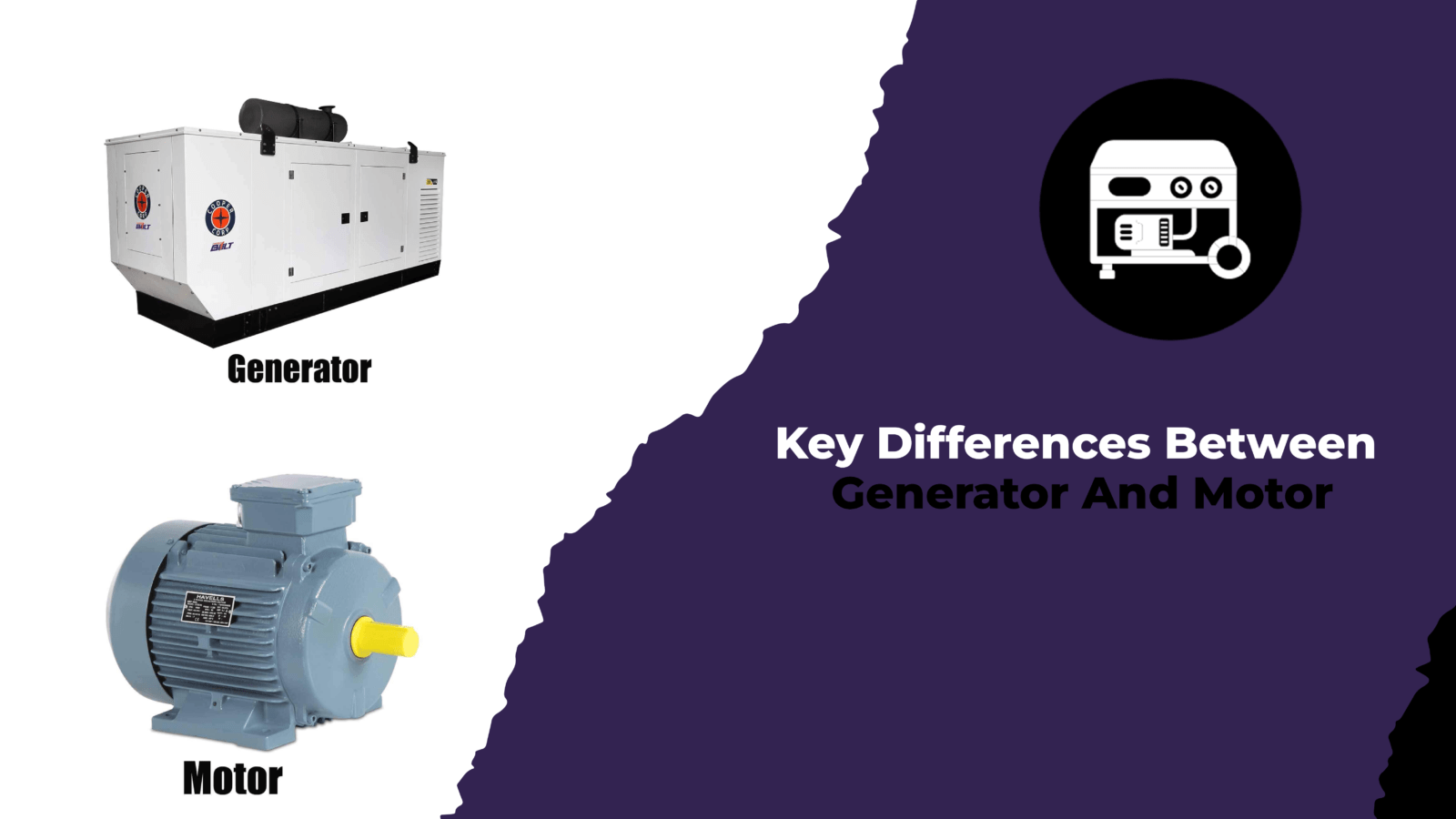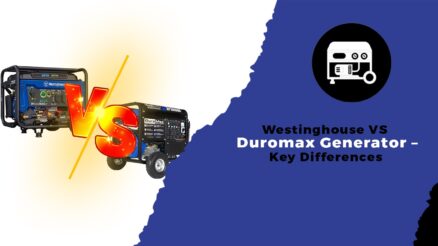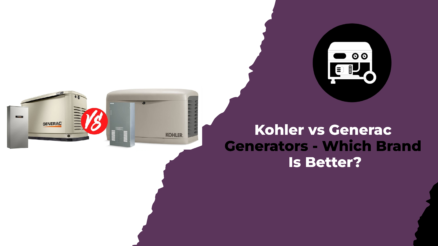Power generators are crucial to the functioning of a business since they supply electricity in the event of a power outage. Determining a generator that will meet your power requirements and effectively support your business operations is crucial. The distinction between brushed and brushless generators must be understood in order for you to choose the proper generator.
The alternator in a generator transforms mechanical energy into electrical energy. And to do this, a rotor rotating a magnetic field produces energy.
Carbon brushes are used to conduct electricity in brushed generators. On the other side, brushless alternators generate and transfer electricity using two sets of rotors spinning simultaneously.
An excitation alternator is used in this type of generator, with the exciter armature serving as the spinning armature and the exciter field winding serving as the stationary magnetic field. Here, a magnetic field is created by the exciter field using residual or automatic voltage magnetism. As soon as it begins to rotate, a voltage is produced in the exciter armature, which then supplies current to the main field to create a magnetic field in the main armature.
In comparison to brushed generators, brushless generators are thought to be significantly more efficient because they operate in self-control mode. Aside from that, a brushless generator has a number of advantages over brushed ones that make it a preferable option. Due to their superior performance, industry professionals favor brushless generators. You can further check out the difference between the alternator and generator to clear the point.
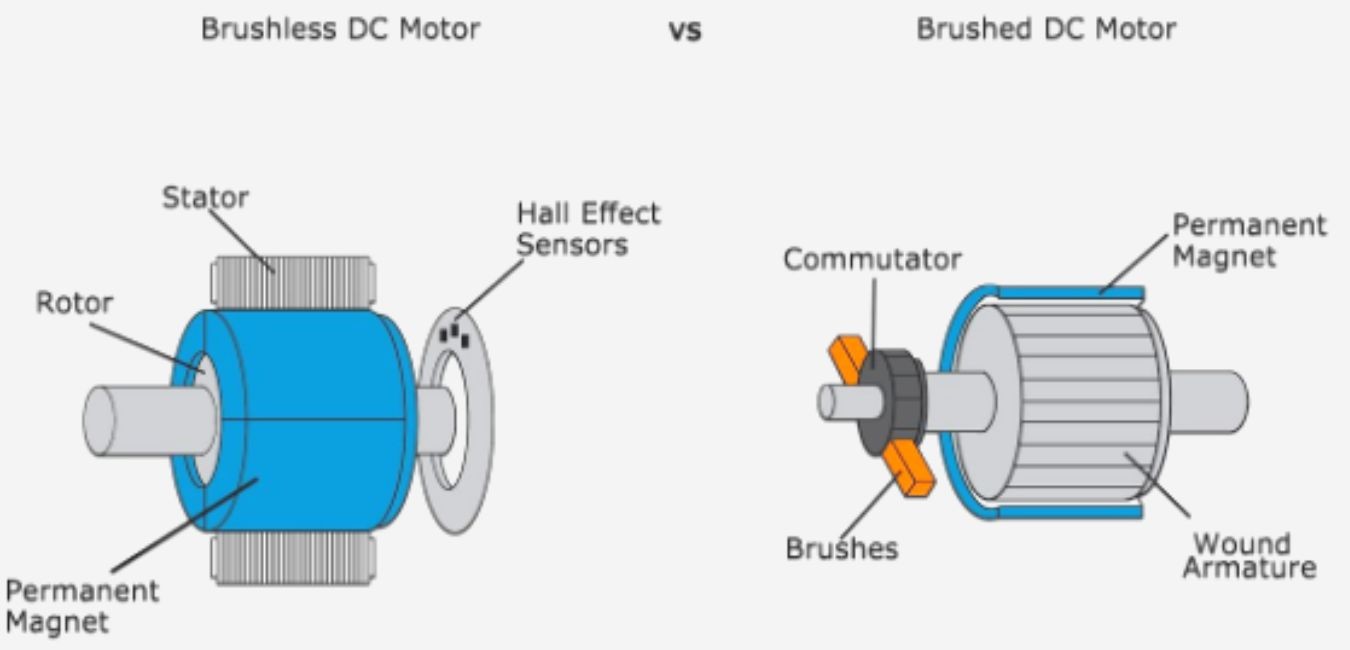
Brushless Generator and its working
A brushless generator generates power using an engine without carbon brushes. When all else is equal, a brushless alternator directs electrical flow using the hardware’s finish. For important generators and long-distance use, brushless alternators are suitable. These alternators are used in a manner that is more consistent & acceptable. Additionally, the lack of brushless features greatly reduces the risk of inner part damage.
A brushless alternator generates and moves the electrical flow using two configurations of rotors that rotate in tandem. In any event, how does it manage current movement without brushes? Instead of brushes, a brushless alternator employs a second, smaller generator at the end of the gear to transport any electrical flow. This is an immediate advantage over a brushed alternator. That there are no brushes that need replacing or fixing, saving you money and time over the long run. However, compared to a brushed alternator, a brushless alternator has a far greater initial cost.
This usually happens because a brushless alternator uses more materials overall. However, brushless alternators are also more suited to serve as your primary alternator/generator. Additionally, they are able to work extended shifts. Investing in a brushless alternator will save you money over time.
But keep in mind that it’s just conjecture due to the higher cost compared to a brushed alternator.
Whether you’re looking for an advanced and pricey long-term brushless alternator or a quick and inexpensive transitory brushed alternator. Always keep in mind how much force you must generate, along with your financial strategy.
Advantages of Brushless Generators
- As Compared to brushed generators, brushless generators are quieter and operate more smoothly. When the generator is functioning, friction is significantly reduced without electric brushes.
- With fewer mechanical components to clean, fix, or replace than brushed generator motors, brushless generators require less maintenance. Reduced moving parts also translate to less alternator wear and tear. The lack of brushes also eliminates failures and overheating problems.
- Although the initial cost of brushless generators may be higher, they can last up to three to five times longer than conventional brush models.
- In comparison to brushed motors, brushless motors are more portable and two to three times lighter. This facilitates seamless portability.
Disadvantages of brushless Generators
- A brushless generator has a greater initial cost than a brushed generator since brushing uses a lot less copper. The brushless engine also needs an electronic controller, which raises the price.
- Due to its sturdy construction, a brushless generator may require more expertise to fix than a brushed generator if it breaks.
I Brushed the Generator and Its Working
To help direct power through a generator or diesel generator, brushed alternators use brushes (or carbon brushes). The brushes operate as an electrical contact to help transfer power from the alternator to whatever is in need of it. Despite being useful for moving electrical flow, brushed alternators need a lot of support. Brushed alternators have numerous moving parts that interact with one another. If even one of these elements is damaged or malfunctions, it may affect the alternator’s other components.
The carbon and graphite brushes degrade over time and collect dust, indicating that they need to be replaced on a regular basis. No one should have to waste money or valuable time due to brush replacement. Brushed alternators are therefore more suited for modest, temporary use than for full-time, uncompromising positions. Although brushed alternators are much less expensive initially than brushless ones, for the vast majority of people, they may not be the best choice in the long run due to necessary repairs.
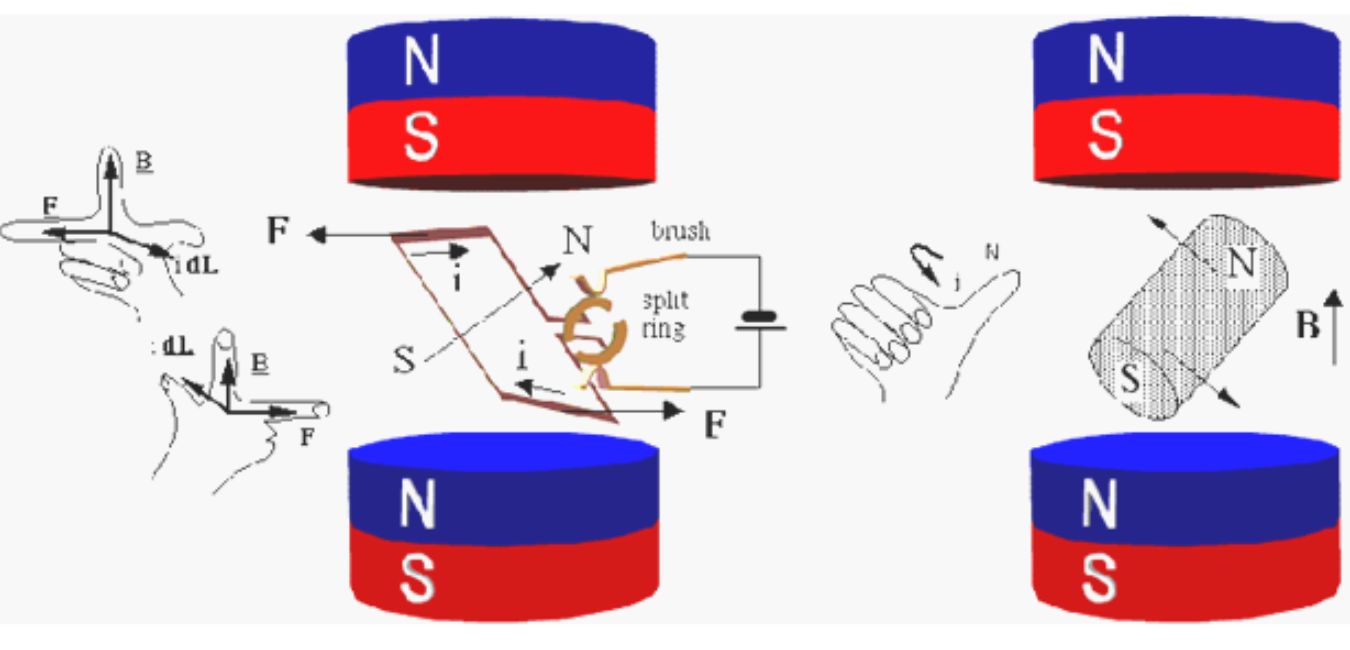
Advantages of Brushed Generator
- Brushed generators are not expensive
- They are durable generators as compared to the brushless generator
- They need very minimum maintenance
Disadvantages of Brushed Generator
- These brushed generators take more amperage moreover, their brushes wear out sooner
- Also, the power-producing capacity is not enough as compared to the brushless generator. All this makes them a second option for its customers.
Brushed vs Brushless Generators – FAQs
Conclusion
In this article, we have discussed the distinctions between brushless and brushed generators as well as the features and advantages of each type of generator. Now, you will gain a better understanding of them and be able to choose the ideal purchasing decision. Additionally, having a thorough knowledge of how both brushless and brushed generators operate enables you to operate them safely.


